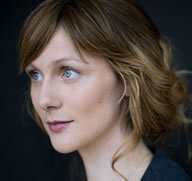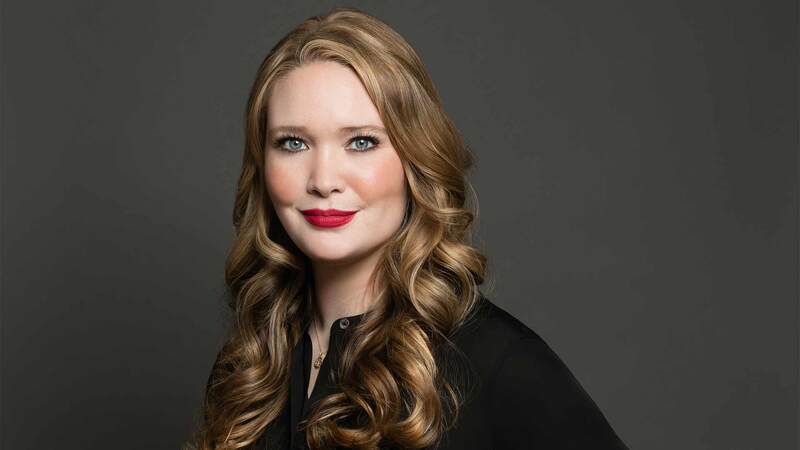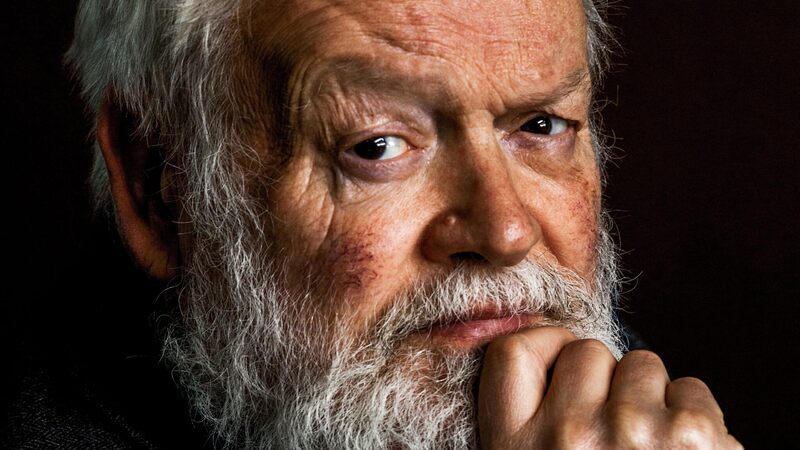You are viewing your 1 free article this month. Login to read more articles.
Anna Whitwham | "This is why the boxing club was so important, because I see it as an environment that nurtures and disciplines and provides and cares"
Anna Whitwham’s début novel Boxer Handsome (Chatto, January) is set in and around the fictional Clapton Bow Boys Club in East London, where tensions run high and decade-long rivalries cast shadows over the neighbourhood.
Boxing runs in Bobby’s blood. His dad was a boxer, as was his granddad, and Bobby has grown up in the ring, wearing bruises and gloves for as long has he can remember.
Bobby and his arch nemesis Connor, the “gypsy boy” from the local traveller community, have a big fight coming up—but outside the ring they’re also battling for the affections of Theresa, whose father Denny is a big name in the East End. Yet when the alluring Chloe visits the club a few days before the big fight, she diverts Bobby’s attention.
Boxer Handsome is a love letter to a community gripped in the throes of frustration and poverty, and is inspired by Whitwham’s late grandfather John Poppy, a featherweight boxer from Stoke Newington, who died two years ago at the age of 98. Poppy’s story was one of hardship matched by determination and Whitwham says Boxer Handsome is a tribute to him.
Boxer Handsome
“When he was about 12 he was very thin and had diphtheria—I guess a lot of boys from the East End in the 1920s did,” she says. “He didn’t have very much and he used to get beaten up so frequently by other boys that his dad took him to a wonderful club in Hoxton.”
The Crown and Manor Boys Club became “fundamental” to his life—Poppy would take part in athletics, drama and day trips, even using the club as a bathing facility when his home had no hot water or soap.
But Whitwham says the world in which her granddad grew up, with its working-class heroes and Jack-the-lads, no longer exists. In the novel, Bobby’s father, Joe, used to be a famous boxer in the area, but is consumed by alcohol addiction after separating from Bobby’s mother. “The world has changed. The masculinity is slightly obsolete now and far more frustrated,” Whitwham says. “Bobby can’t belong to his dad’s world anymore. London has changed, England has changed, and Bobby is walking around in the shadow of his father’s masculinity . . . it’s more hysterical, more of a performance.”
Fighting chance
The violence in the novel doesn’t just happen in the ring: it’s on the street, in parks and, in Bobby’s case, at home. One of the most shocking scenes in the book occurs when Bobby’s frustration at being beaten to within an inch of his life by Denny’s gang ends in him punching Chloe.
Whitwham says it was difficult to write that particular scene, despite the book being riddled with violence. “The violence between him and Connor and the other boys I can understand, when you’re grouped together and share the consciousness or an imagination that’s stifled by poverty,” she says.
“I think if you’ve got extreme poverty or any kind of poverty in common, things get tribal. You need to assert difference, and violence is one of those ways of asserting difference and claiming your space and identity. But I will never understand the man that hits a woman,” she says. But, the violent scene with Bobby and Chloe was essential, Whitwham argues, “because Bobby’s violence has to be so out of control that it forces him to give up fighting altogether.”
Working-class roots
Whitwham says she had to be “careful” with Boxer Handsome because her middle-class upbringing was so different from her grandfather’s. Poppy became a teacher and eventually moved away from the culture he came from, which Whitwham admits to feeling sad about “because I have no connection to that world at all now”. However, she did make plenty of visits to her granddad’s club, where over a cup of tea octogenarian owner Maureen shared memorabilia from Poppy’s glory days.
Whitwham was adamant that in the book Bobby’s working-class roots would not stretch too far. “In order to make your character a hero by the end of the book they have to exist outside the culture they originally came from,” she says. “[But] I was very keen on Bobby not completely deserting where he came from.
“I don’t know what happened to heroes. The idea of a hero from the era my granddad grew up in seems to have been demonised and has become a sweeping ‘them’, who live elsewhere in blocks of flats. I don’t know why the word ‘chav’ is being thrown about so freely or with such ease. It seems to me highly offensive.
“This is why the boxing club was so important, because I see it as an environment that nurtures and disciplines and provides and cares. It’s very honest; it’s the closest definition of anti-chaos. It’s not violent . . . there’s an art to the ring.”
Personal file
1981 Born in London
2001-2004 BA Drama and English, Queens University, Belfast and University of California, Los Angeles
2006-09 MA then PhD, Creative Writing, Royal Holloway
2008-present Copywriter and lecturer at Royal Holloway
Book data
Publication 16/01/14
Formats HB/EB
ISBNs 9780701188306/ 9781448180028
Rights UK & Commonwealth, Chatto; World rights through WME
Editor Parisa Ebrahimi, Chatto
Agent Simon Trewin, WME
Photo credit: Sarah Lee









